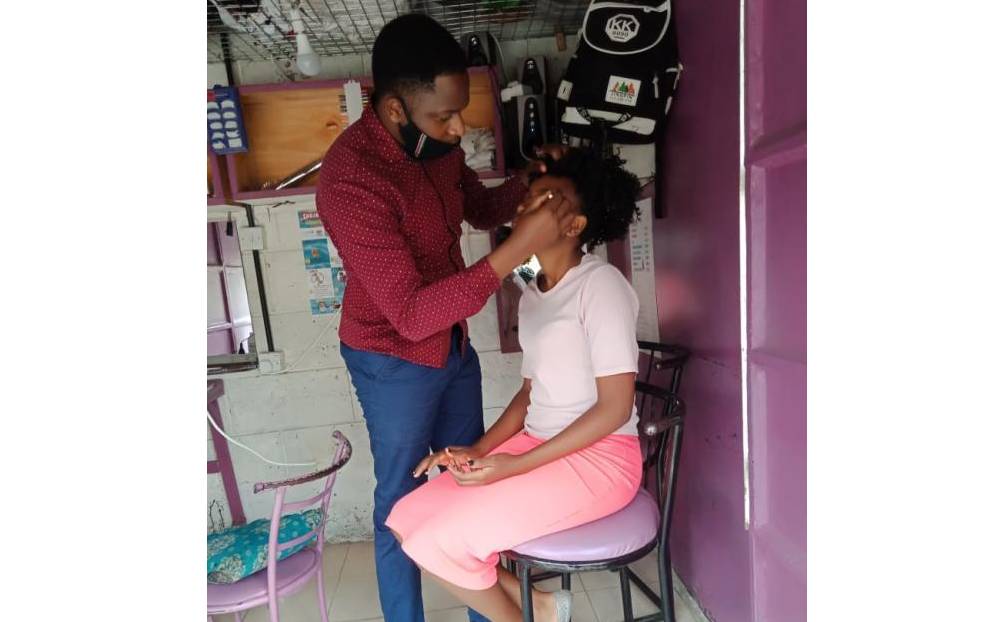×
The Standard e-Paper
Kenya’s Boldest Voice

Dickson Karoki describes the last three months as extremely painful and confusing.
As a teacher of art and craft at a private primary school in Nairobi, he had great plans with his students, but Covid-19 outbreak changed all that.